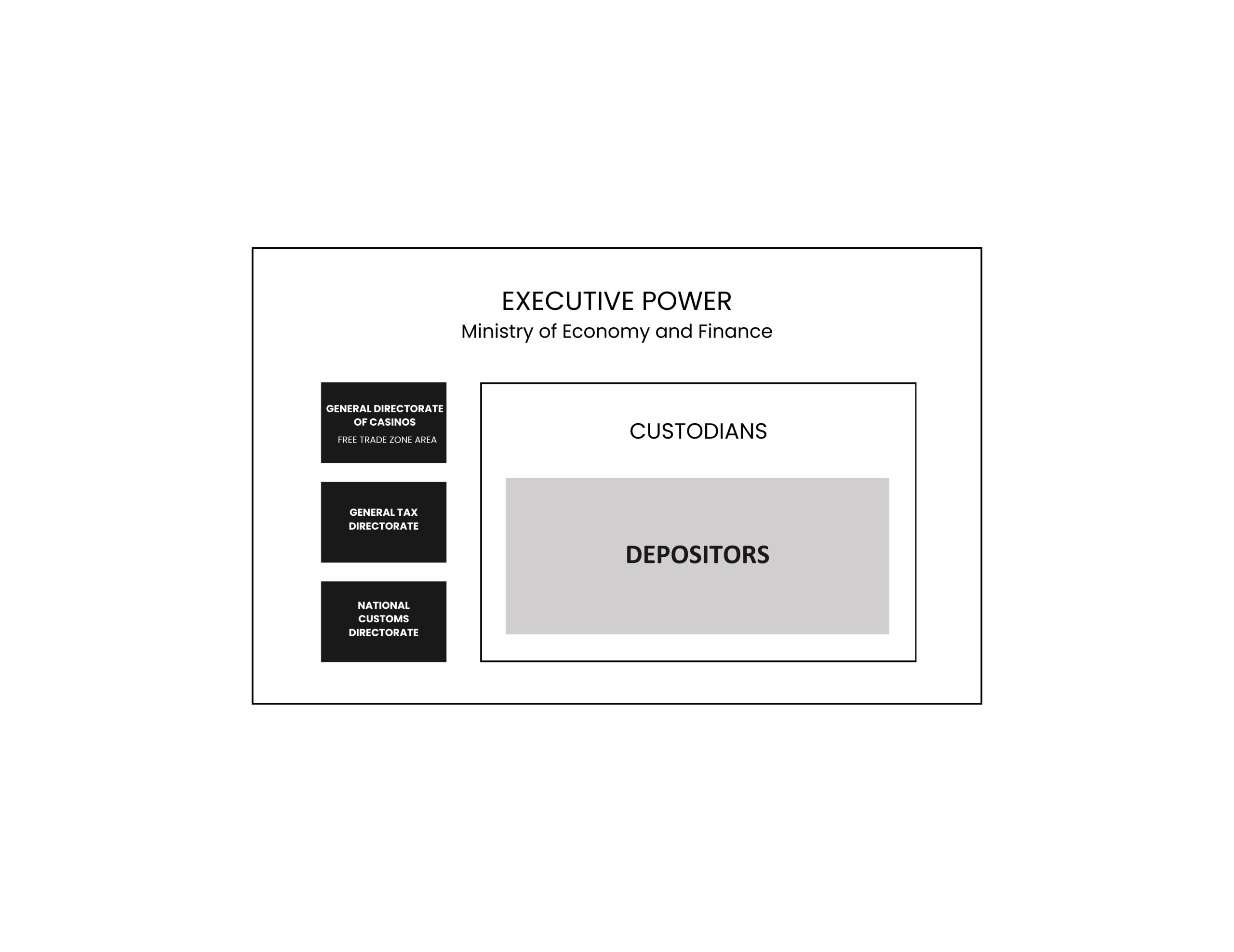CUSTOMS WAREHOUSE REGULATIONS
The customs warehouse is the customs regime by which goods enter and remain in a privately managed space without the payment of taxes, for their subsequent inclusion in another customs regime, re-shipment, or re-export.
This definition makes customs warehouses another option for the hub to set up distribution centers, depositing goods in transit there, even providing the possibility of adding value to them.
GOODS IN CUSTOMS WAREHOUSE
Goods of foreign origin stored there are considered in transit and can be unloaded and reloaded at any time, free of import or export duties and any internal taxes.
Their maximum storage period within the warehouse is 24 months, which is non-extendable.
Regarding MERCOSUR certificates of origin, they enter a suspension regime for a maximum of 180 days, provided the goods are not altered within the warehouse.
MODALITIES AND ACTIVITIES ALLOWED
According to the New Customs Code of the Eastern Republic of Uruguay (CAROU), warehouses are authorized under the following types:
a) STORAGE WAREHOUSE | where goods may only be subject to operations intended to ensure their identification, preservation, splitting into lots or volumes, and any other operation that does not alter their value or modify their nature or state.
| b) COMMERCIAL WAREHOUSE | where goods may be subject to operations intended to facilitate their commercialization or increase their value, without modifying their nature or state. |
c) INDUSTRIAL WAREHOUSE where goods may be subject to operations intended to modify their nature or state, including the industrialization of raw materials and semi-finished products, assemblies, mounting, and any other analogous operation. |
d) REPAIR AND MAINTENANCE WAREHOUSE where goods may be subject to repair and maintenance services, without modifying their nature.
| e) TEMPORARY WAREHOUSE FOR EXHIBITION OR OTHER SIMILAR ACTIVITY | where foreign goods entered may be destined for exhibitions, demonstrations, fairs, or other similar activities, with prior authorization from the National Customs Directorate.
f) LOGISTICAL WAREHOUSE where goods may be subject to operations that may modify their state or nature, provided they do not modify their origin and consist of: assemblies or mounting; mixtures; placement or replacement of parts, pieces, or accessories; hardware configuration; software installation; manufacturing of packaging, assemblies, labels, or other products provided they are used for the commercialization of goods that will leave the warehouse; and other similar operations established by the Executive Branch.
This information comes directly from the official Uruguayan government portal detailing the customs warehouse regime.
Please note that this translation is provided for informational purposes. For official or legal matters, it is always recommended to consult the original Spanish text from the authoritative source.

National Customs Directorate (DNA):
It is responsible for authorizing the warehouses, as well as controlling, supervising, and monitoring them and the goods that enter and exit.
Ministry of Economy and Finance (MEF):
The DNA submits a report with the authorization request to the Ministry of Economy and Finance, and the Ministry must respond favorably for the permit to be granted. The MEF will also determine the amount of the guarantee that the warehouse operator must provide.
Permit: it is non-transferable and granted for 5 years, renewable. The renewal application must be submitted 6 months before its expiration.
WARRANTY
The minimum guarantee for industrial warehouses is US$ 400,000 (four hundred thousand US dollars) and for the rest of the warehouses it is US$ 200,000 (two hundred thousand US dollars) for areas of up to one thousand square meters and for the entire permit period. When the area is larger, it is calculated at a rate of US$ 30 per additional square meter.
Warehouse operators can provide the guarantee with annual validity, provided they prove its renewal or the provision of a new one, within the 30 working days prior to its expiration.
According to Regulatory Decree 99/015, which regulates the Customs Code of the Eastern Republic of Uruguay (C.A.R.O.U.), the requirement for this guarantee is waived for storage warehouses and repair/maintenance warehouses, provided they store exclusively empty containers, their spare parts, and tools for their repair. The requirement for this guarantee is also waived for temporary warehouses for exhibitions or other similar activities.

